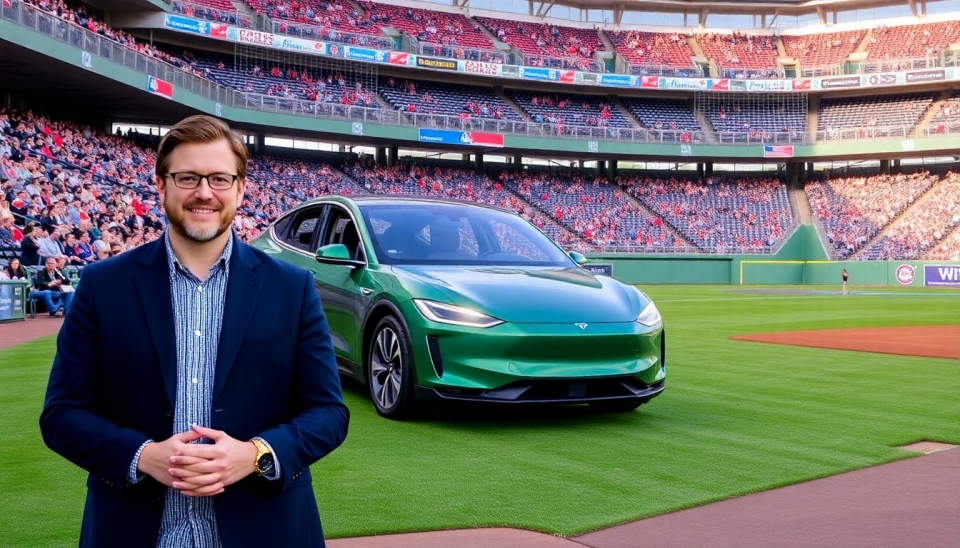
In a recent engaging conversation that touched on a range of topics from electric vehicle (EV) trends to the impact of tariffs and the relevance of sports business dynamics, the Chief Financial Officers (CFOs) of Rivian, an electric vehicle manufacturer, and the Boston Red Sox, one of baseball's most storied franchises, converged to discuss their perspectives on the changing landscape of their respective industries.
The discussion was led by Rivian CFO Claire McDonough, who opened by reflecting on the substantial growth of the electric vehicle market. She emphasized the increasing consumer interest in EVs as environmental awareness and government incentives push more buyers toward electric alternatives. McDonough noted that the technological advancements in EV batteries and charging infrastructure are making these vehicles more practical for everyday use, a pivotal factor in Rivian's growth strategy.
Shifting focus, the conversation then turned to financial implications of tariffs, particularly in regards to imports and exports within the automotive sector. McDonough expressed concerns about the potential changes in tariff regulations and how they could affect manufacturing costs and pricing strategy for EVs. The CFO pointed out that any hikes in tariffs might lead to increased costs that would inevitably be relayed to consumers, potentially slowing down the adoption of electric vehicles.
Meanwhile, Red Sox CFO and President of Fenway Sports Group, Dave Dombrowski, shared insights on the financial intricacies of running a sports franchise amidst economic fluctuations. He noted that while sports have historically been considered recession-proof, recent global events have shown vulnerabilities that sports teams need to navigate carefully. Dombrowski emphasized the importance of creating value for both fans and stakeholders, which can often include innovative partnerships and adaptability in marketing strategies.
The dialogue then touched on the synergies between sports and the automotive industry, particularly as both sectors look to leverage new technologies and sustainability measures. Dombrowski cited initiatives the Red Sox have taken to reduce their carbon footprint, such as energy-efficient stadium upgrades and community engagement in environmental projects, aligning with Rivian's mission of promoting sustainable transportation solutions. The CFOs agreed that collaboration between various sectors could amplify efforts towards sustainability, creating a united front against climate change.
As the discussion concluded, both CFOs expressed optimism regarding their industries' futures. Rivian's commitment to innovation and environmental responsibility, coupled with the Red Sox's strategic growth and fan engagement efforts, suggest that both organizations are poised to thrive amidst their challenges. The exchange highlighted an intriguing intersection where sports and technology not only coexist but support each other's evolution towards a more sustainable planet.
In an era where consumer habits are shifting rapidly, the conversations led by leaders in these prominent sectors reflect a broader narrative: the need for cooperation and forward-thinking strategies in the pursuit of a brighter, sustainable future for all.
Follow along for more insights on the crossroads of industry and culture!
#Rivian #ElectricVehicles #RedSox #SportsBusiness #Sustainability #Tariffs #Innovation #CFOInsights
Author: John Miller

